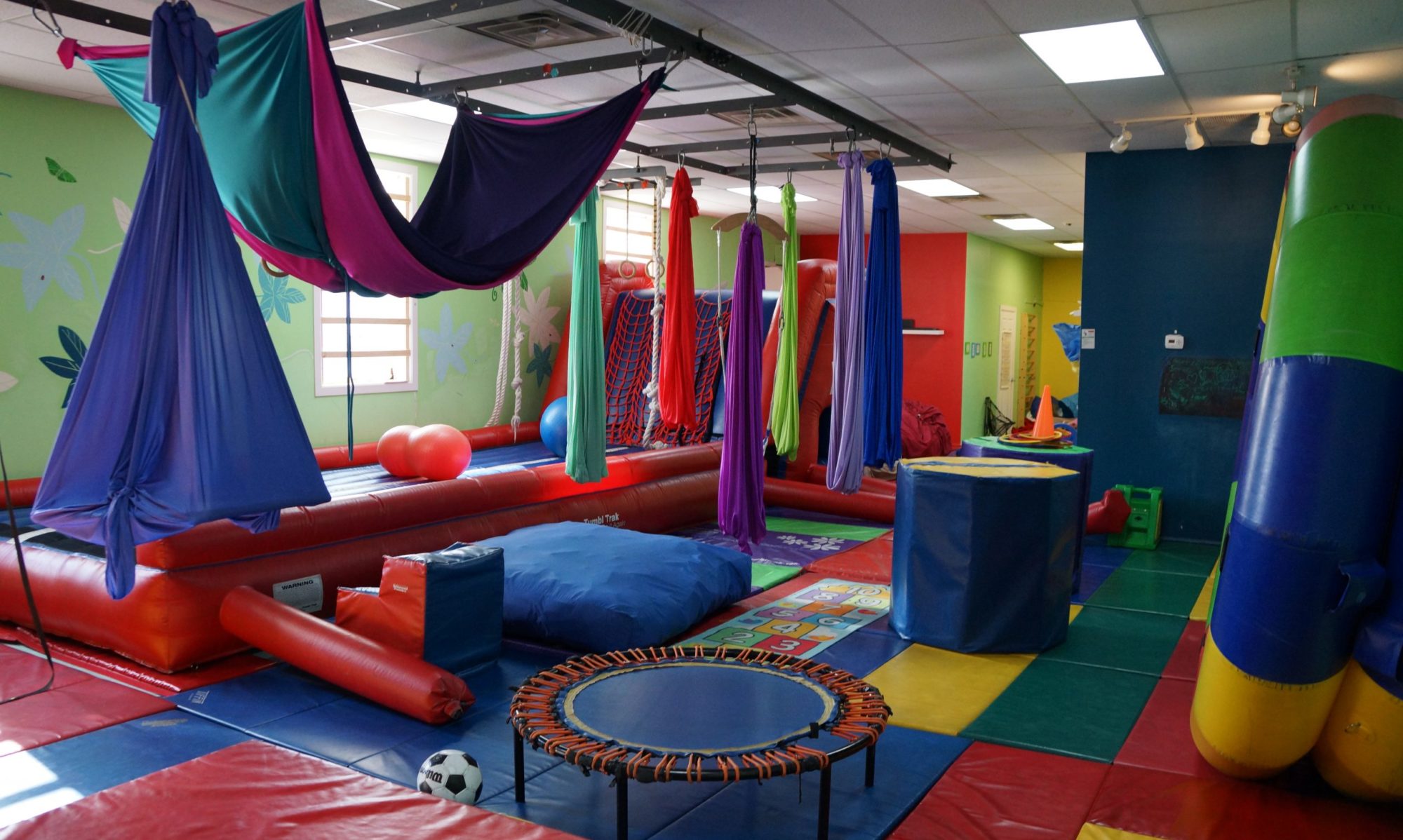What is Spinal Galant Reflex:
The reflex is elicited by holding the newborn in ventral suspension (face down) and stroking along the one side of the spine. The normal reaction is for the newborn to laterally flex toward the stimulated side.
Typical emergence:
Womb at 3-4 months
Typical integration:
5-9 months after birth
If not integrated:
Understanding Primitive Reflexes and How They Impact Child Development
A reflex is an innate motor response that occurs automatically whenever a particular stimulus (or a combination of stimuli) is presented. These primitive reflexes emerge during prenatal development and are fundamental for an infant’s survival and future developmental milestones.
As infants grow into toddlers, their primitive reflexes should naturally undergo a process called “integration.” This means that the automatic responses associated with these reflexes should transform into more mature and voluntary movements. However, in some cases, these primitive reflexes persist beyond the typical age range, and we refer to this as “retained primitive reflexes.”
When these reflexes are retained, the instinctive actions and movements continue to exist beyond the expected developmental timeline. This can have implications for a child’s development and academic skills. The presence of retained reflexes can lead to certain characteristics specific to each reflex, which may hinder a child’s progress.
Therefore, at Pathways, our therapists strive to work with your child to develop the skills to integrate these primitive reflexes. To better understand the concept of integration, it involves the absorption of these reflexes into the child’s characteristics, actions, and neurological responses. In simpler terms, a reflex follows a neurological pathway, and when integration occurs, specific stimuli result in predictable responses (or the lack of them), making movements more efficient. This process ensures that the child’s nervous system is well-connected and communicates efficiently, playing a crucial role in overall development.
What is Reflex Integration Therapy
Reflex Integration Therapy is an intervention technique employed by Occupational Therapists to address persistent primitive reflexes that may interfere with an individual’s daily activities and development. Primitive reflexes are automatic movements that emerge during infancy and are crucial for survival and development in the early stages of life. However, in some cases, these reflexes may persist into later stages, leading to challenges in motor skills, sensory processing, attention, and overall functional performance.
The main objective of Reflex Integration Therapy is to promote the integration of primitive reflexes into more mature patterns of movement, ultimately facilitating improved motor control and higher-level cognitive functioning. Occupational Therapists utilize various techniques tailored to the individual’s needs, such as specific exercises, sensory input, and activities that challenge and stimulate the targeted reflexes.
The benefits of Reflex Integration Therapy include enhanced motor skills, improved sensory processing skills, enhanced focus and attention, and improved independence in life.
What is Sensorimotor Therapy
Sensorimotor Therapy is a therapeutic approach that emphasizes the integration of sensory and motor processes to improve functional abilities, enhance coordination, and promote overall well-being. It recognizes that our sensory experiences significantly influence how we perceive, interpret, and respond to the world around us. By targeting the integration of sensory input and motor responses, Occupational Therapists can help individuals develop efficient and purposeful movements, leading to improved daily functioning.
Sensorimotor Therapy plays a vital role by focusing on the integration of sensory input and motor responses. By addressing sensory processing difficulties and enhancing motor control, this approach empowers individuals to improve their functional abilities, increase self-awareness, and achieve greater independence. At Pathways, incorporating Sensorimotor Therapy into our practice allows us to support individuals in overcoming challenges, maximizing their potential, and enhancing their overall quality of life.
